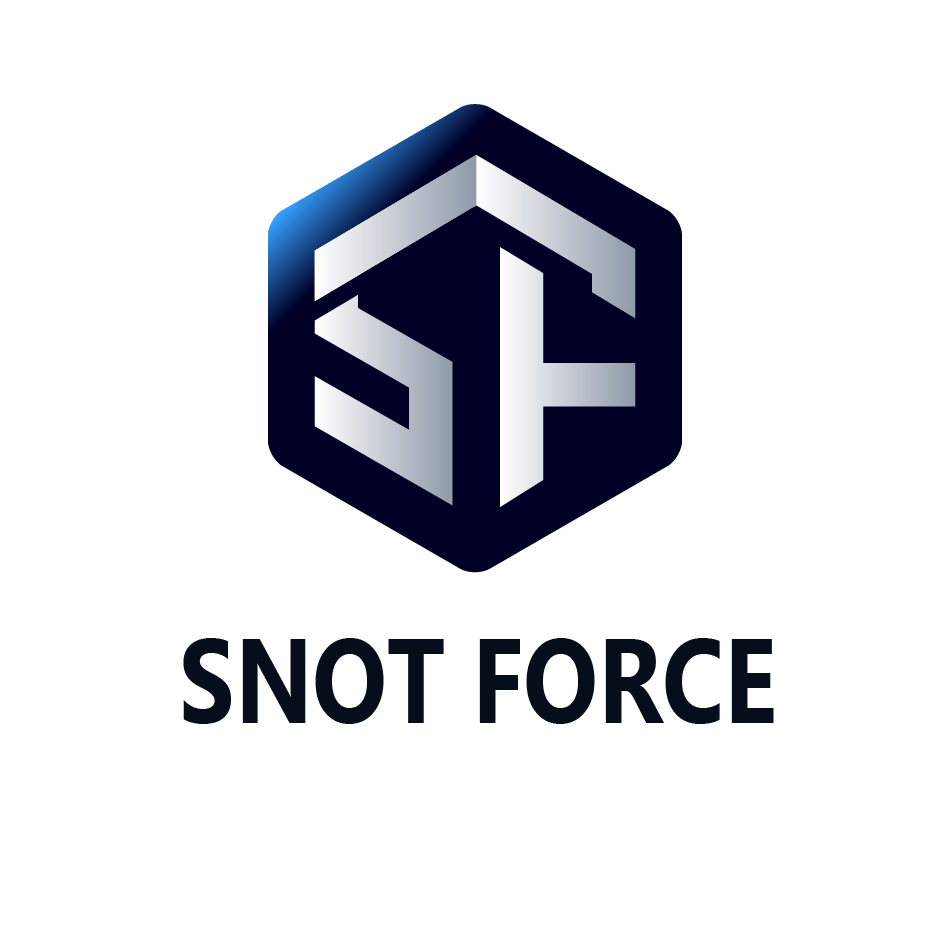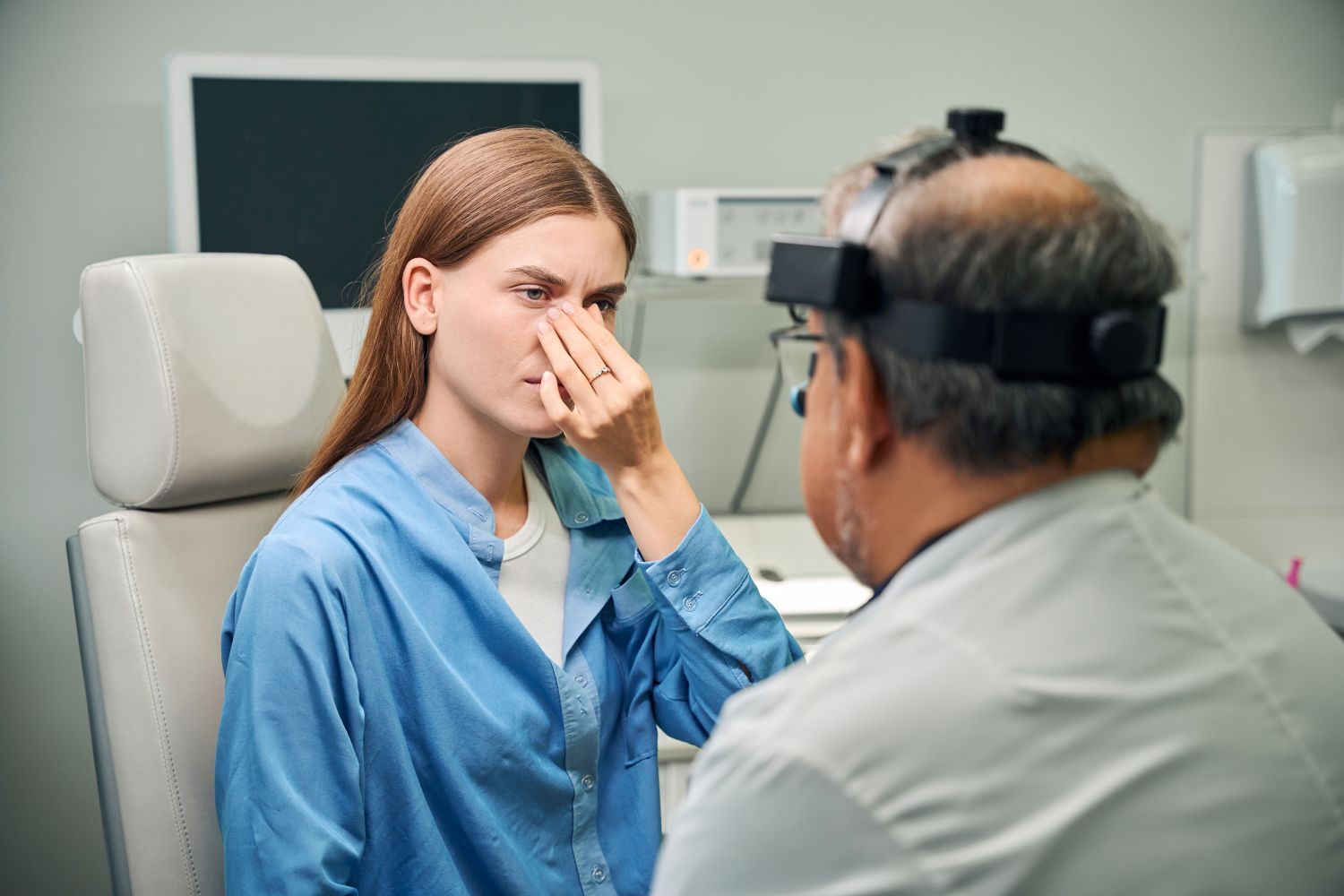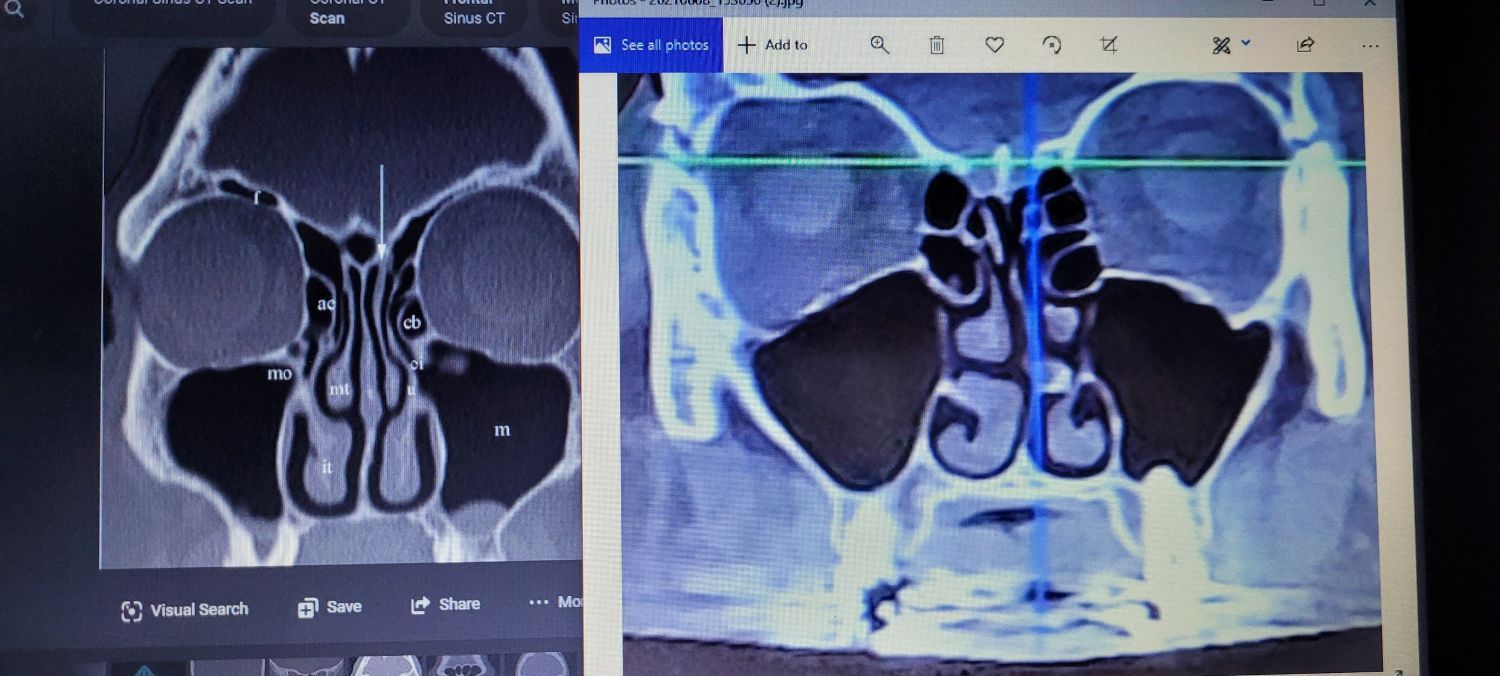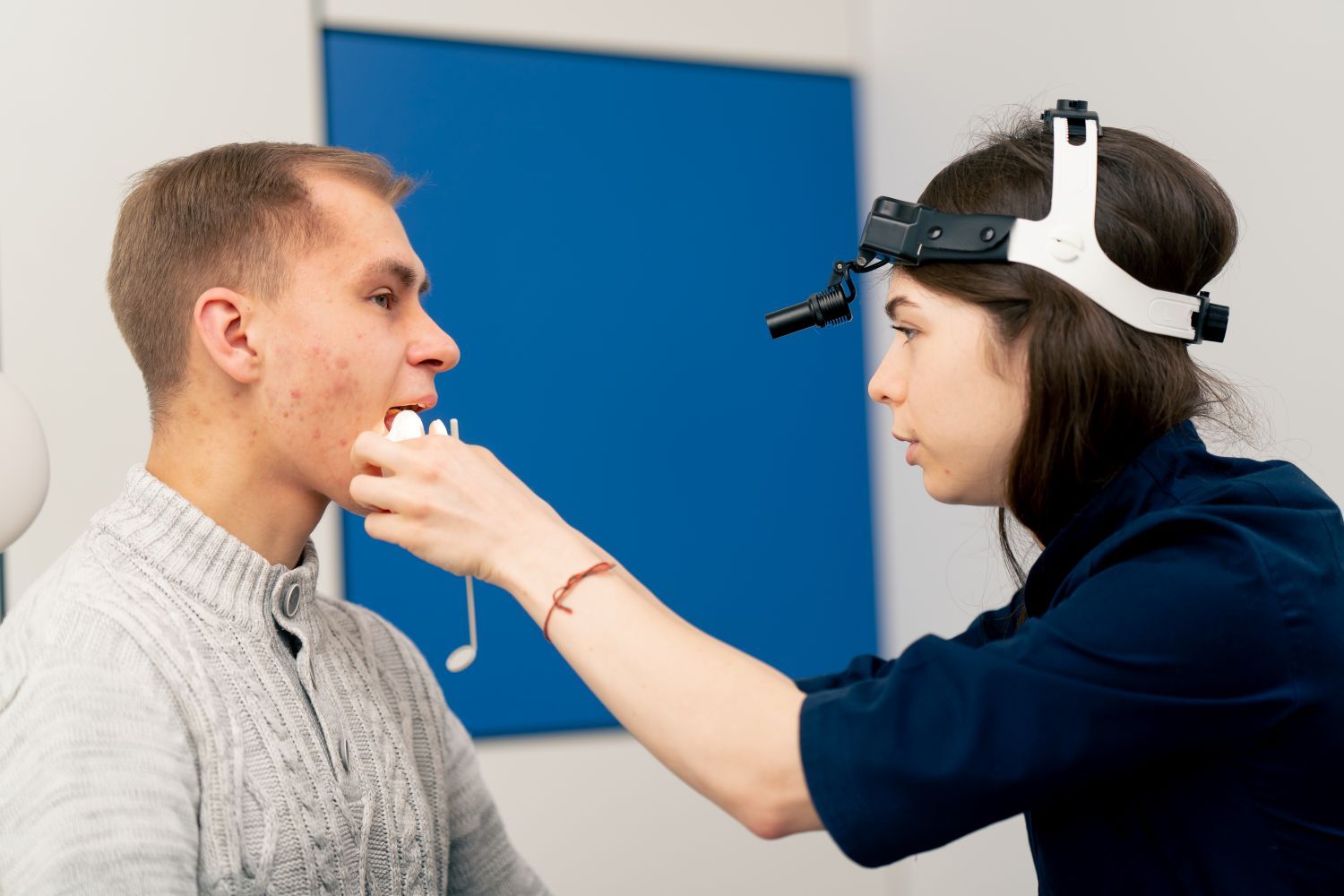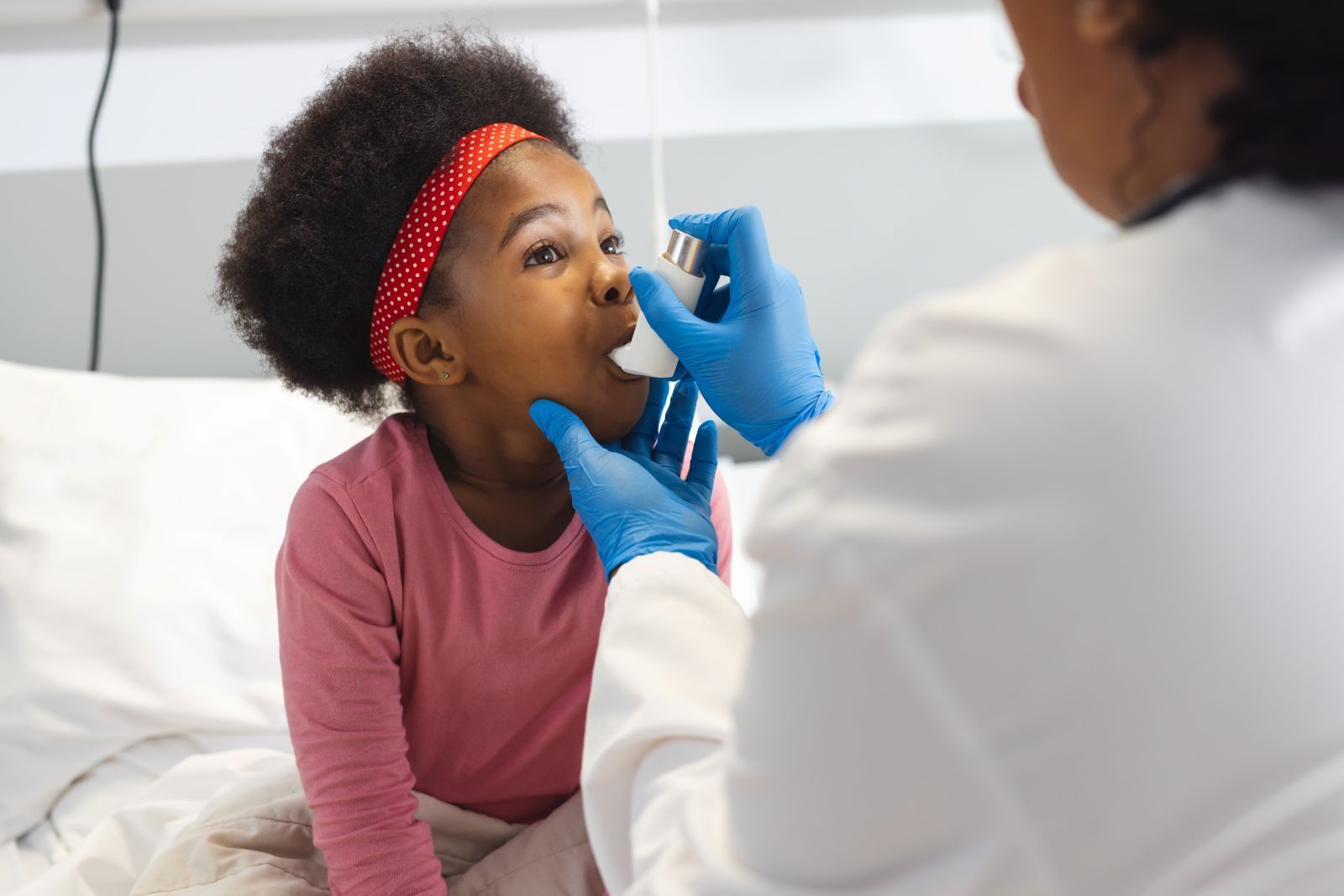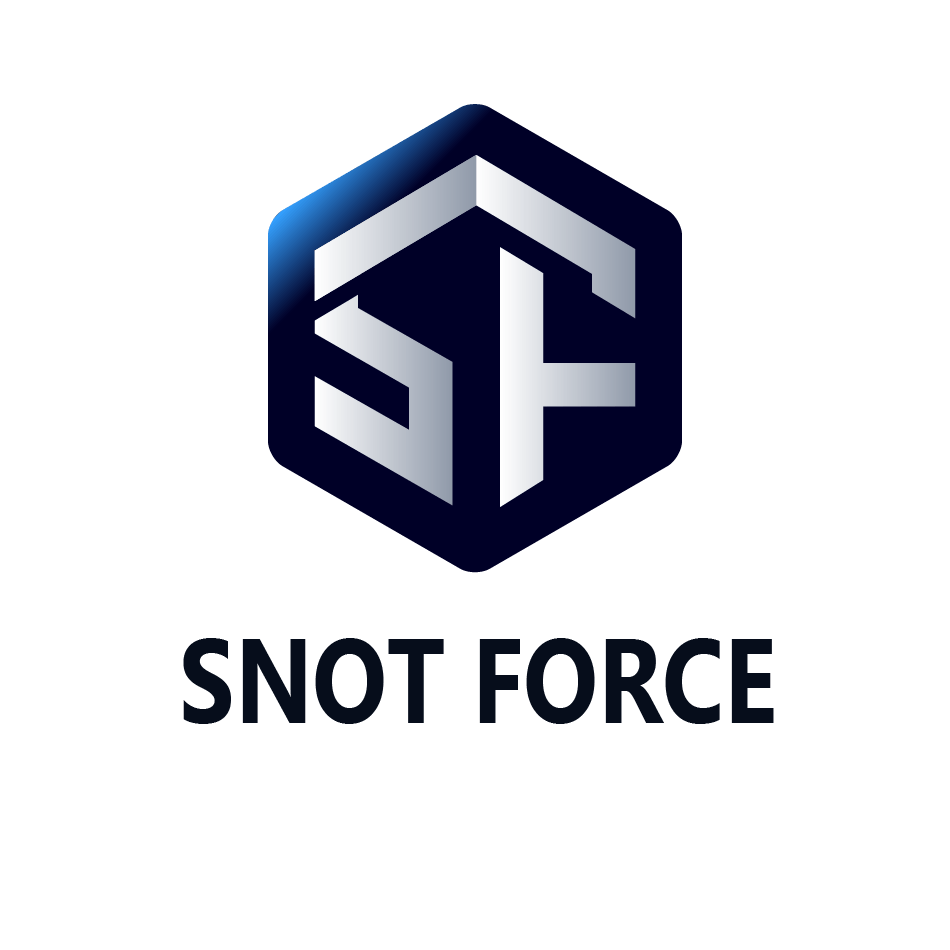Top Innovative Approaches for Effectively Managing Nasal Polyps
Nasal polyps present a significant challenge for both patients and clinicians, often leading to chronic symptoms that affect quality of life. Recent advancements in research and treatment strategies have paved the way for innovative approaches to manage this condition effectively. This blog will explore some of the latest strategies and treatment options available for nasal polyp management.
Innovative Management Approaches
1. Biologic Therapies
Recent advancements in biologic therapies have shown promise in treating nasal polyps, particularly for patients with asthma or chronic rhinosinusitis with nasal polyps (CRSwNP). Biologics target specific pathways involved in inflammation and immune response.
a. Dupilumab (Dupixent)
Dupilumab is a monoclonal antibody that inhibits interleukin-4 (IL-4) and interleukin-13 (IL-13), two key drivers of inflammation in nasal polyps. Clinical studies have demonstrated that dupilumab can significantly reduce polyp size and improve nasal symptoms. This treatment is particularly beneficial for patients with asthma or atopic conditions.
b. Other Biologics
Other biologics, such as mepolizumab (Nucala) and reslizumab (Cinqair), target IL-5 and have shown promise in reducing polyp size and improving overall sinus health. These therapies provide clinicians with additional tools to tailor treatment based on individual patient needs.
2. Endoscopic Sinus Surgery (ESS)
For patients with severe or recurrent nasal polyps unresponsive to medical therapy, endoscopic sinus surgery remains a critical intervention. Recent advancements in surgical techniques enhance outcomes.
a. Surgical Techniques
Innovative surgical techniques, such as image-guided surgery and balloon sinuplasty, enhance surgical precision and minimize recovery time. Image guidance helps surgeons navigate complex anatomical structures, reducing complications and improving outcomes.
b. Postoperative Care
Postoperative management is crucial for preventing recurrence. Clinicians should emphasize the importance of saline irrigation and corticosteroid sprays after surgery to reduce inflammation and enhance healing.
3. Intranasal Corticosteroids (INCS)
Intranasal corticosteroids remain a cornerstone of medical management for nasal polyps, providing effective anti-inflammatory action. Recent studies suggest that higher potency INCS may yield better outcomes in reducing polyp size and improving symptoms.
a. Personalizing Therapy
Clinicians can personalize therapy by considering factors such as the severity of symptoms, the presence of comorbid conditions, and patient preferences. A stepwise approach can help optimize treatment effectiveness.
4. Saline Irrigation
Saline irrigation is an effective adjunctive therapy for managing nasal polyps. Regular saline rinses can help clear mucus, reduce inflammation, and improve nasal breathing.
a. Innovative Delivery Systems
Utilizing advanced delivery systems, such as pressurized saline devices or nebulizers, can enhance patient adherence and improve symptom relief. Educating patients on proper irrigation techniques and hygiene is essential for maximizing benefits.
5. Lifestyle Modifications
Encouraging patients to adopt certain lifestyle modifications can complement medical treatments and improve overall outcomes.
a. Allergen Avoidance
Identifying and avoiding allergens can help reduce inflammation and prevent polyp recurrence. Clinicians should consider allergy testing for patients with suspected allergic rhinitis.
b. Smoking Cessation
Smoking exacerbates nasal inflammation and increases the risk of developing nasal polyps. Providing resources for smoking cessation can significantly benefit patients’ respiratory health.
Emerging Research and Future Directions
Research continues to explore new therapeutic targets for managing nasal polyps. Some areas of interest include:
- Targeting Specific Cytokines: Investigating therapies that inhibit other inflammatory mediators like interleukin-5 (IL-5) may yield additional options for patients with eosinophilic inflammation.
- Personalized Medicine: Tailoring treatment plans based on individual inflammatory profiles could enhance efficacy and reduce side effects.
The Role of Research Initiatives Like Snot Force Alliance
The Snot Force Alliance is a collaborative research initiative dedicated to advancing the understanding and treatment of sinus and airway conditions, including nasal polyps. This alliance unites leading researchers, clinicians, and industry partners to foster innovative research and enhance patient outcomes through shared knowledge and expertise.
One notable outcome of the Snot Force Alliance's collaborative efforts is the development of the Postoperative Polyps Scale (POPS). This tool was designed to assist otolaryngologists in evaluating sinonasal polyposis grades following surgical intervention, both in clinical practice and during clinical trials.
Join Snot Force Alliance and become a Protector of the Unified Airway, contributing to the ongoing advancement of research and treatment in this vital area of healthcare.
